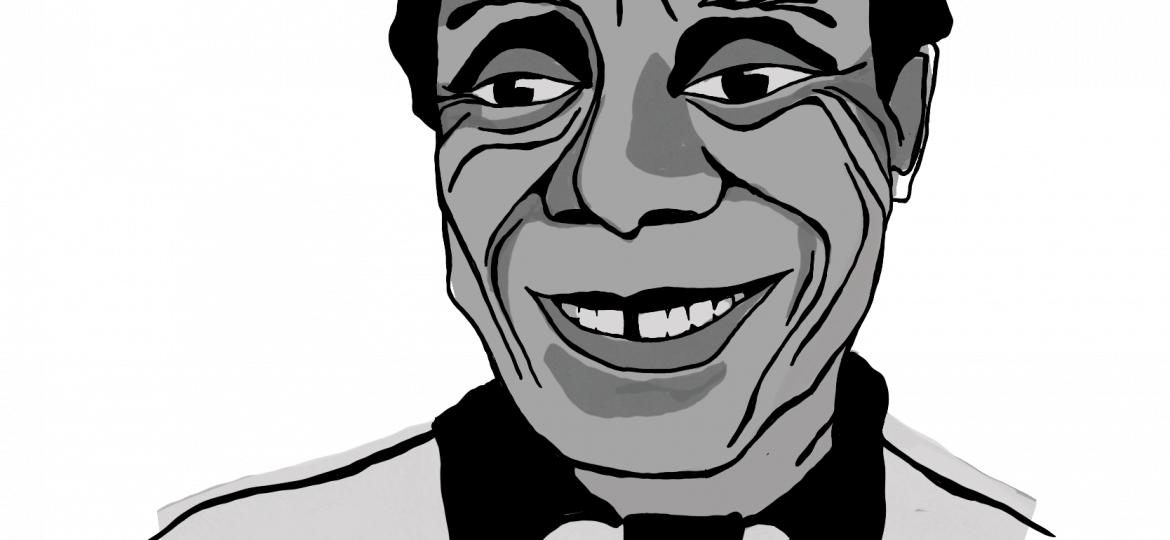
Nicholas Buccola, Elizabeth and Morris Glicksman Chair in Political Science at Linfield University, visited St. Olaf on Sept. 26 to deliver a lecture entitled “Who are We, the People?: James Baldwin, William F. Buckley Jr., and the American Dream,” based on work from his 2019 book “The Fire is Upon Us.”
Both Buccola’s lecture and book explore the origins and implications of the iconic clash between Baldwin and Buckley, leading orators of the civil rights movement and post-war conservative moment respectively. The two met in 1965 for a debate in Cambridge, England. The debate’s topic, argued in the affirmative by Baldwin and the negative by Buckley, was the resolution that “the American Dream is at the expense of the American Negro.” Buccola’s lecture included recordings of the debate, but its primary focus was on the intellectual development and background of both thinkers prior to their debate.
Baldwin and Buckley could not have been more different — Baldwin grew up in pre-integration Harlem, an environment he described as stifling and claustrophobic. Buckley grew up on an estate belonging to his enormously wealthy southern family, educated by private tutors in the classical Western canon.
During the debate, Baldwin discussed his experience of isolation and betrayal at the hands of a nation which refused to recognize his basic humanity. Baldwin spoke of losing a naïve understanding of the American ideal as a child by describing his relationship to iconic cowboy hero Gary Cooper’s western films: “It comes as a great shock around the age of 5 or 6 or 7 to discover that Gary Cooper killing off the Indians — when you were rooting for Gary Cooper — that the Indians were you!” Buckley attacked Baldwin as an enemy of Western civilization, insisting the thinker intended to tear down everything white Americans and the Cambridge audience held sacred – that Baldwin sought to destroy “the faith of our fathers.”
While Buckley was assigned to defend the notion that the American ideal did not come at the expense of Black Americans, in many ways their positions seemed reverse to how they were presented. Almost 60 years later, Buckley’s ardently held belief that racial integration, civil disobedience, and social change were anathema to the “faith of our fathers” seems to back a view that the American Dream is irrevocably tied with cruelty and injustice for those on society’s margins. Baldwin, by contrast, who described painfully the hypocrisies of his birth nation, which he called a “glittering republic” seemed to be the only speaker on stage who believed in a real American dream, in a version of our country which would move towards broader emancipation and more concrete forms of freedom. Baldwin argued in 1965 that the American Dream did, in fact, come at the expense of the Black American. But unlike Buckley, Baldwin’s thinking offers Americans today greater latitude in imagining a better America, one whose ideals will not always have to come at the expense of an excluded lower class.

